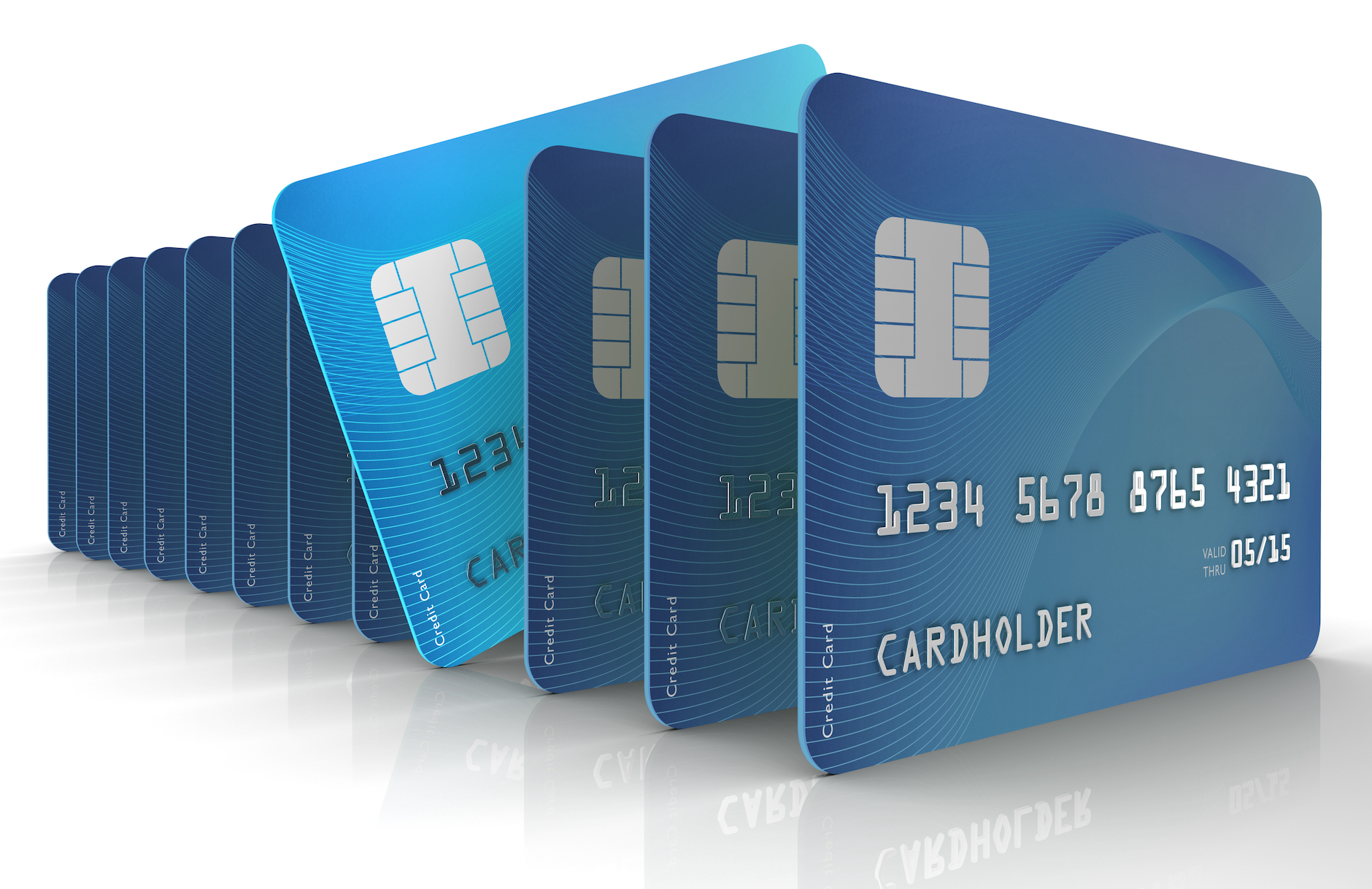
White-Label Debit Card Programs
White label debit card issuing has become increasingly popular in recent years as more and more businesses seek to offer payment services to their customers. In essence, a white label debit card is a card that is branded with the logo and other identifying features of the issuing company, but is actually issued by a third-party financial institution.
The concept of white label debit card issuing is relatively simple. A business or organization that wants to offer its customers the ability to make payments using a branded debit card enters into a partnership with a financial institution that provides the necessary infrastructure for issuing and managing the cards. The financial institution typically handles all the back-end processing, including transaction processing, fraud detection, and account management, while the business is responsible for marketing the card and providing customer service.
One of the primary benefits of white label debit card issuing is that it allows businesses to offer their customers a convenient and branded payment solution without having to invest in the technology and infrastructure required to manage the cards themselves. This can be especially beneficial for small and medium-sized businesses that may not have the resources to develop and manage their own payment systems.
Another advantage of white label debit card issuing is that it can help businesses build brand loyalty and increase customer engagement. By offering a branded payment card, businesses can create a more personalized and immersive customer experience, which can help to foster stronger relationships and drive repeat business.
In addition, white label debit card issuing can also help businesses generate new revenue streams. Many financial institutions offer revenue-sharing models that allow businesses to earn a portion of the fees generated by the use of the cards. This can be a significant source of income for businesses that have large customer bases or high transaction volumes.
However, it is important to note that white label debit card issuing is not without its challenges. One of the biggest challenges is managing the relationship with the financial institution that provides the back-end processing. Businesses must ensure that they have a clear understanding of the terms and conditions of the partnership, including fees, revenue sharing arrangements, and liability for fraud and other losses.
Another potential challenge is ensuring that the white label debit card program is properly marketed and promoted to customers. Businesses must have a clear strategy for promoting the card and educating customers on its benefits, features, and limitations.
Overall, white label debit card issuing can be a powerful tool for businesses looking to offer branded payment solutions to their customers. By partnering with a financial institution that provides the necessary infrastructure and expertise, businesses can create a more personalized and engaging customer experience while also generating new revenue streams. However, businesses must be prepared to navigate the challenges of managing the partnership and promoting the card to customers.













